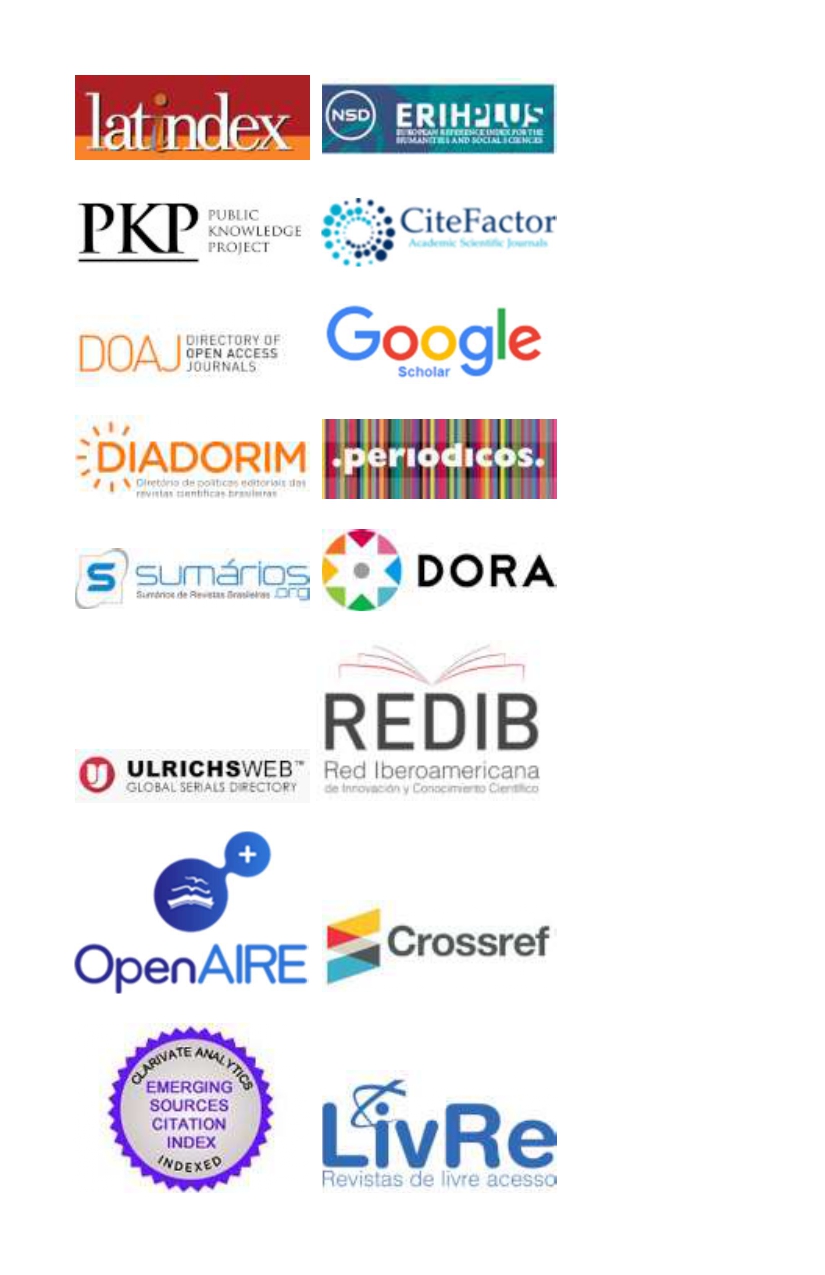FINANCE REFLECTED BY FUNHOUSE MIRRORS
A PROPOSAL OF INDIRECT REGULATION (GATEKEEPERS) TO CRYPTO CENTRALIZED EXCHANGES (CEX)
DOI :
https://doi.org/10.21783/rei.v9i2.766Mots-clés :
Banking, CEX, Financial regulation, CryptoassetsRésumé
Money is money, securities are securities, and banking is banking. Their fundamentals are not changed by whether technology rails are centralized (classic) or pseudo-decentralized (virtual assets) – the song remains the same. As such, this paper does not reinvent the wheel on why we should regulate cryptoasset centralized exchanges (CEXs), as there is enough bibliography from today to the XVII century to go around on that. Instead, we focus on how to regulate the CEXs, which comes into play in a world where their distributed ledger technology (DLT) rails are off-the-grid and hinder regulators from: (i) collecting market data (information asymmetry); and (ii) practical enforcement (technology/operational asymmetry). After revising current regulatory practices from various countries, we identify grounds for a practical approach – we propose that regulators might enforce full trading/financial intermediation obligations on the CEXs by enacting an indirect regulation/gatekeeper scheme, as inspired by the U.S. Foreign Account Tax Compliance Act (FATCA). In this model, regulators would restrict traditional institutions (i.e., banks, broker-dealers, clearings, funds) from transacting with CEXs which do not provide adequate evidence of material compliance with their trading/financial intermediation obligations. On a final remark, we narrate a growing movement which aims to insulate non-compliant crypto from the financial systems altogether, avoiding risks of contagion.
Téléchargements
Références
PHILIPPON, Thomas. The Great Reversal: How America gave up on free markets. Cambridge: The Belknap Press of Harvard University Press, 2019, p. 222.
NAKAMOTO, Satoshi. Bitcoin: A peer-to-peer electronic cash system, 2008. Available at
bitcoin.pdf>. Accessed 18 December 2022.
“DLT” refers to the infrastructure of the proverbial ledger in which anyone may record, validate, and audit transactions. The concept itself was born in 1991, but only came into prominence with Bitcoin and Satoshi Nakamoto. Among the diverse protocols which may run on DLT technology, the most famous/adopted one is the blockchain. See (i) SAREL, Roee; JABOTINSKY, Hadar; KLEIN, Israel. Globalize Me: Regulating distributed ledger technology. Vanderbilt Journal of Transnational Law, forthcoming 2023, p. 10-13; and (ii) BANK FOR INTERNATIONAL SETTLEMENTS (BIS). The Future Monetary System, In BIS Annual Economic Report 2022. BIS, June 2022, p. 75-102.
ADACHI, Mitsu; SILVA, Pedro; BORN, Alexandra et. al. Stablecoins’ role in crypto and beyond: functions, risks and policy. ECB Macroprudential Bulletin, issue 18, July 2022.
COSTA, Alex. Centralized exchanges will continue to dominate crypto, JPMorgan Says. DailyCoin, 30 November 2022. Available at <https://dailycoin.com/centralized-exchanges-will-continue-to-dominate-crypto-jpmorgan-says>. Accessed 5 December 2022.
CoinGecko. Available at <https://www.coingecko.com/pt/global-charts>. Accessed 18 June 2023.
DeFiLlama. Total Value Locked (USD). All protocols. Available at . Accessed 18 June 2023.
CRYPTO.COM. Crypto market sizing: global crypto owners reaching 300mm. Crypto.com, 19 January 2022, p. 9. Available at . Accessed 8 March 2023.
AUER, Raphael; CORNELLI, Giulio; DOERR, Sebastian; FROST, Jon; GAMBACORTA, Leonardo. Crypto trading and Bitcoin prices: evidence from a new database of retail adoption. BIS Working Paper No 1049, November 2022.
The nickname of the Buy and Hold investment strategy of a cryptoasset.
KRUGMAN, Paul. Blockchain, what are they good for? New York Times, 1 December 2022. Available at <https://www.nytimes.com/2022/12/01/opinion/blockchains-what-are-they-good-for.html>. Accessed 5 February 2023.
Smart contracts which are triggered during a collapse will continue to execute and cannot be stopped, intensifying volatility, accelerating deleveraging across crypto, and taking financial risks to yet another level. See ECB. Decentralised finance – a new unregulated non-bank system? ECB Macroprudential Bulletin, issue 18, July 2022, p. 5.
THE ECONOMIST. The spectacular fall of FTX and Sam Bankman-Fried. The Economist, 9 November 2022. Available at <https://www.economist.com/finance-and-economics/2022/11/09/the-spectacular-fall-of-ftx-and-sam-bankman-fried>. Accessed 26 April 2023.
ENSIGN, Rachel. They thought ‘crypto banks’ were safe, and then came the crash. Wall Street Journal, 23 July 2022. Available at <https://www.wsj.com/articles/they-thought-crypto-banks-were-safe-and-then-came-the-crash-11658568780>. Accessed 30 April 2023.
NG, Serena; OSTROFF, Caitlin; HUANG, Vicky. Crypto hedge fund Three Arrows ordered by court to liquidate. Wall Street Journal, 29 June 2022. Available at . Accessed 7 April 2023.
HARVEY, Campbell; RAMACHANDRAN, Ashwin; SANTORO, Joseph. DeFi and the Future of Finance. New Jersey: John Wiley & Sons, 2021, p. 1-6.
PHILIPPON, Thomas. The Great Reversal: how America gave up on free markets. Cambridge: The Belknap Press of Harvard University Press, 2019, p. 210-214.
RUSSEL-JONES, Lily. Why investors think a crypto winter is nothing to fear. The Times, 29 June 2022.
KRUGMAN, Paul. Is this the end game for crypto?. NY Times, 17 November 2022.
YANG, Maya. SEC charges celebrities including Lindsay Lohan over cryptocurrency endorsements. The Guardian, 23 March 2023.
Téléchargements
Publiée
Comment citer
Numéro
Rubrique
Licence
(c) Tous droits réservés Marcus Paulus de Oliveira Rosa, Lucas Caminha 2023

Ce travail est disponible sous licence Creative Commons Attribution - Pas d’Utilisation Commerciale 4.0 International.
Autores que publicam nesta revista concordam com os seguintes termos:
- Autores mantém os direitos autorais e concedem à revista o direito de primeira publicação, com o trabalho simultaneamente licenciado sob a Licença Creative Commons Attribution que permite o compartilhamento do trabalho com reconhecimento da autoria e publicação inicial nesta revista.
- Autores têm autorização para assumir contratos adicionais separadamente, para distribuição não-exclusiva da versão do trabalho publicada nesta revista (ex.: publicar em repositório institucional ou como capítulo de livro), com reconhecimento de autoria e publicação inicial nesta revista.
- Autores têm permissão e são estimulados a publicar e distribuir seu trabalho online após a publicação na revista.






